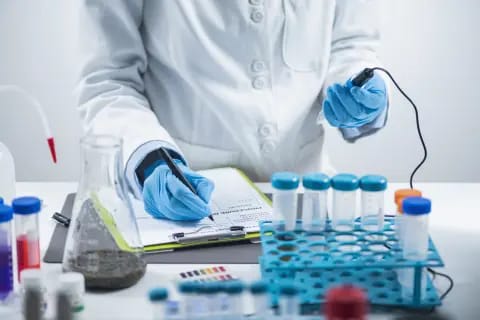Scientists have recently managed to resurrect 46,000-year-old microscopic creatures frozen in the Siberian permafrost.
These ancient nematodes, also known as roundworms, possess the ability to adapt their body state to their environment through a process called "anabiosis," which significantly reduces their metabolism.
Freezing animals vs. humans
After the discovery of these worms in a squirrel burrow back in 2018, scientists conducted a thawing operation to awaken the nematodes from their dormant state. When asked whether similar processes could be applied to freeze and resurrect humans, cryonics experts emphasized the substantial differences between freezing humans and animals.
Valeria Udolova, the CEO of KrioRus, a Russian cryogenetics company, revealed that they currently have 94 frozen corpses in their laboratory in the country's capital. In an interview with MailOnline, she highlighted that nematodes are not the only species capable of undergoing anabiosis. Siberian frogs and fish can do so as well.
However, she firmly stated that humans do not share the same abilities.
At KrioRus, the process involves draining blood from humans before connecting them to a circulation machine filled with a "cryoprotectant" solution designed to safeguard cells and tissues. Ideally, the deep freezing procedures should commence within minutes of a person being pronounced dead.

"The bodies are frozen at -321 degrees Celsius, but for these individuals to be resurrected, medicine will need to take dramatic steps, along with advances in tissue engineering," Udolova explained.
Within the next seven decades
She believes that such advancements could occur within the next 50-70 years, though she acknowledged the scarcity of cardiobiology laboratories. Nonetheless, she highlighted groundbreaking experiments, such as the reversible freezing of a rat kidney using gas inflation with nanoparticles and induction heating.
According to Dr. Joao Pedro de Magalhães, a Portuguese microbiologist, if the experiment proves successful, this process could represent "an alternative to death, with profound philosophical, ethical, and medical implications. Patients with terminal illnesses, including children, may opt for cryostasis until a cure for their disease is discovered."
